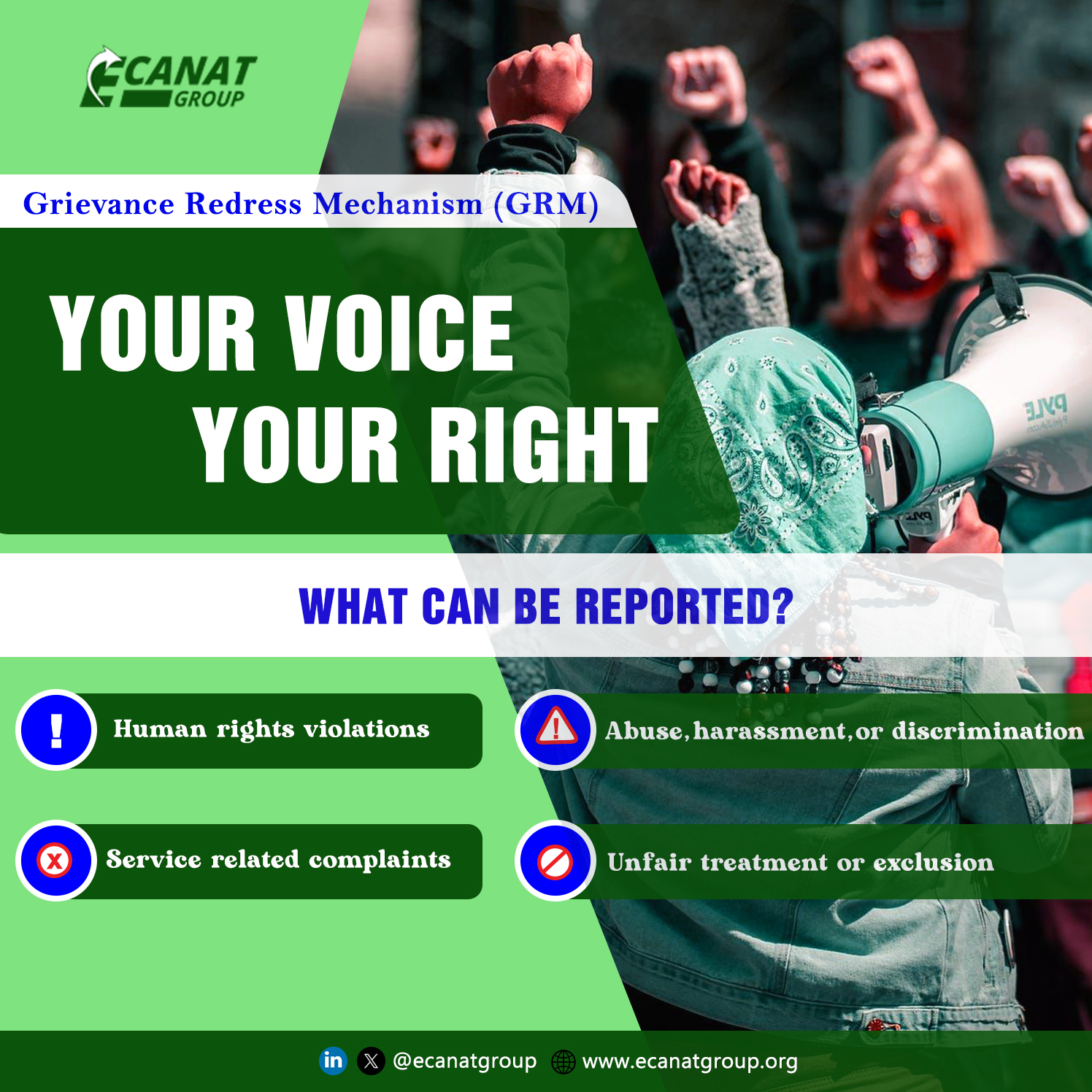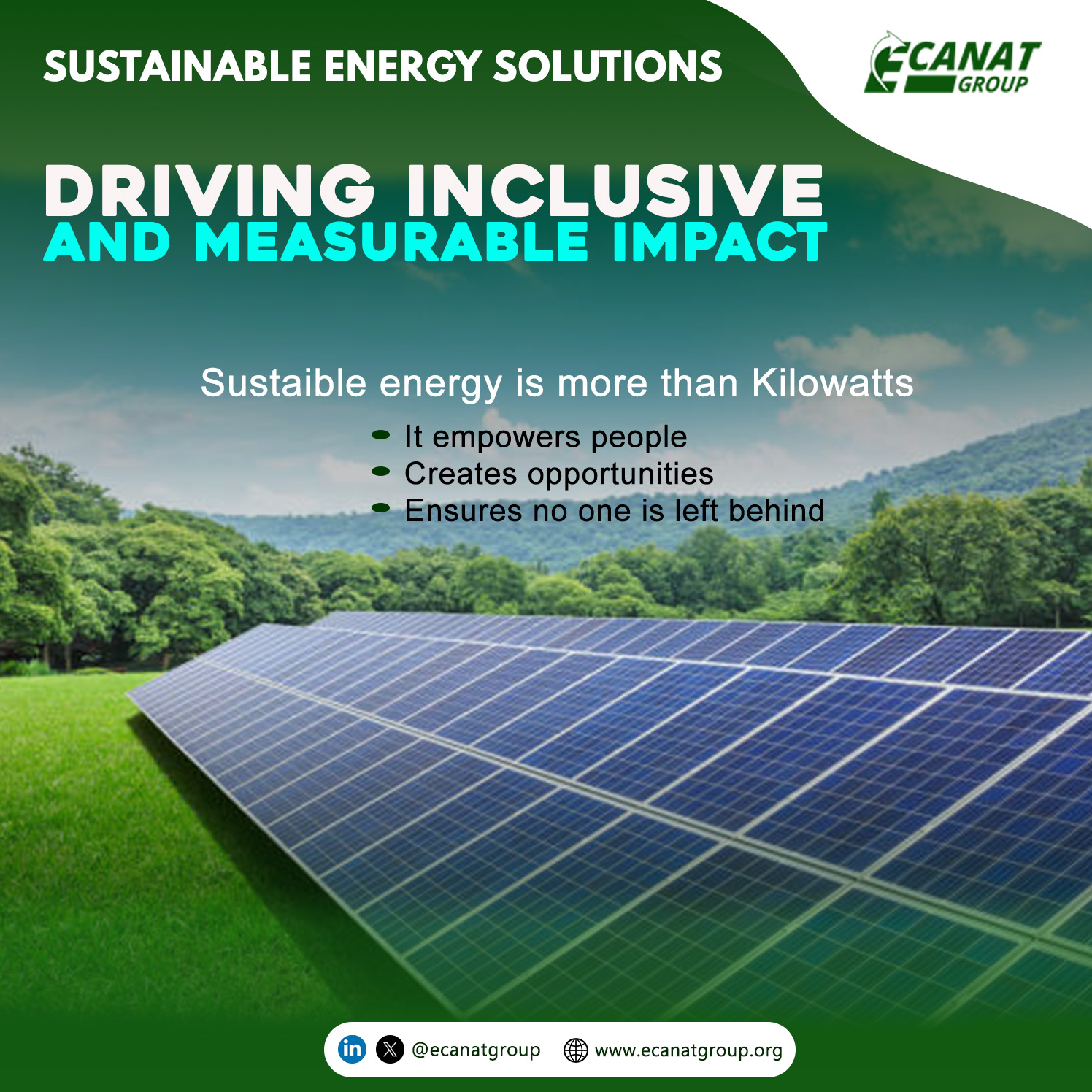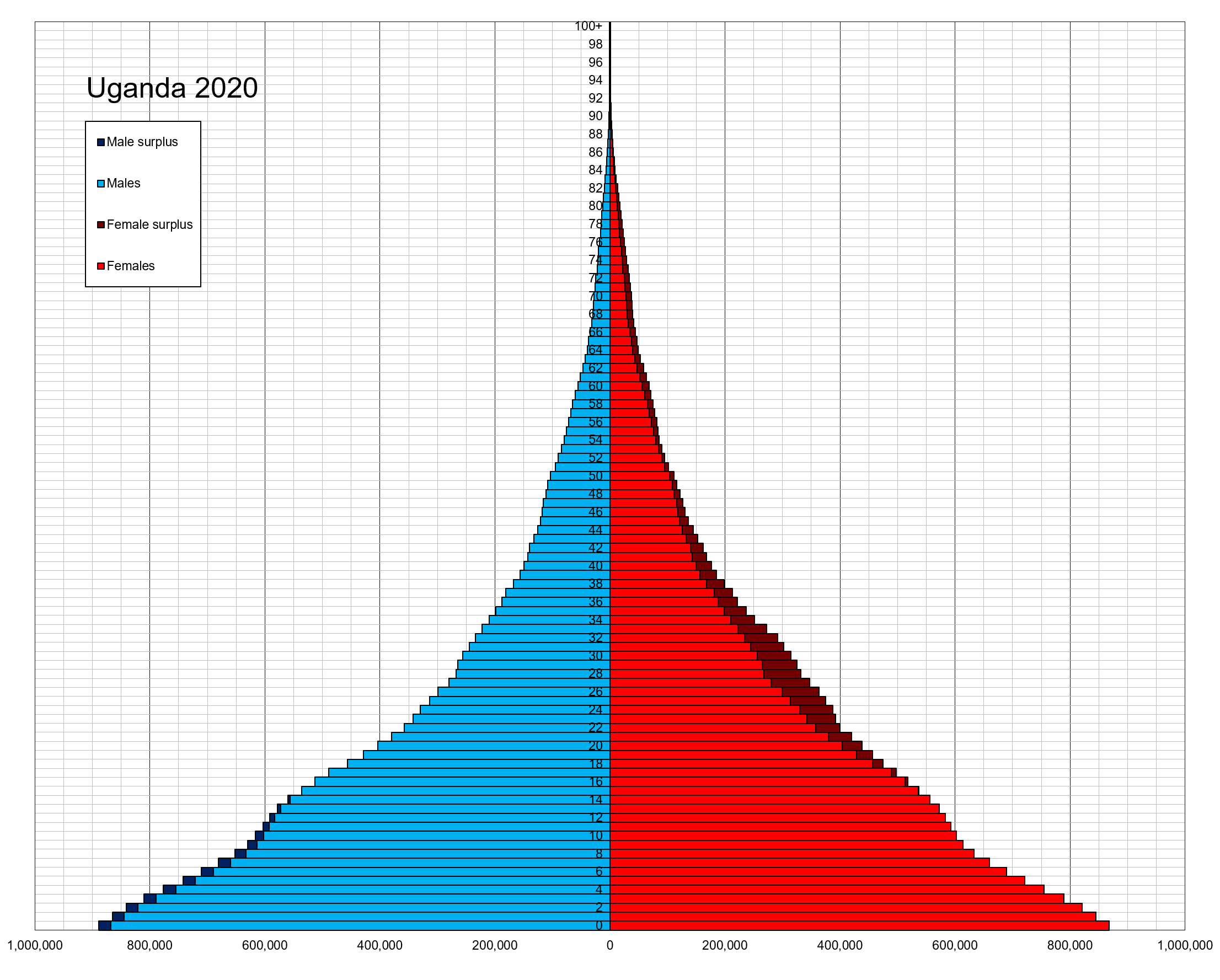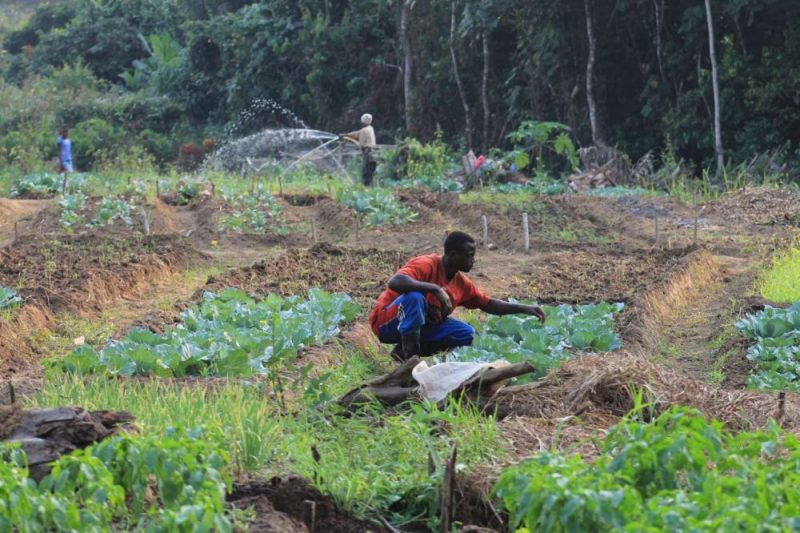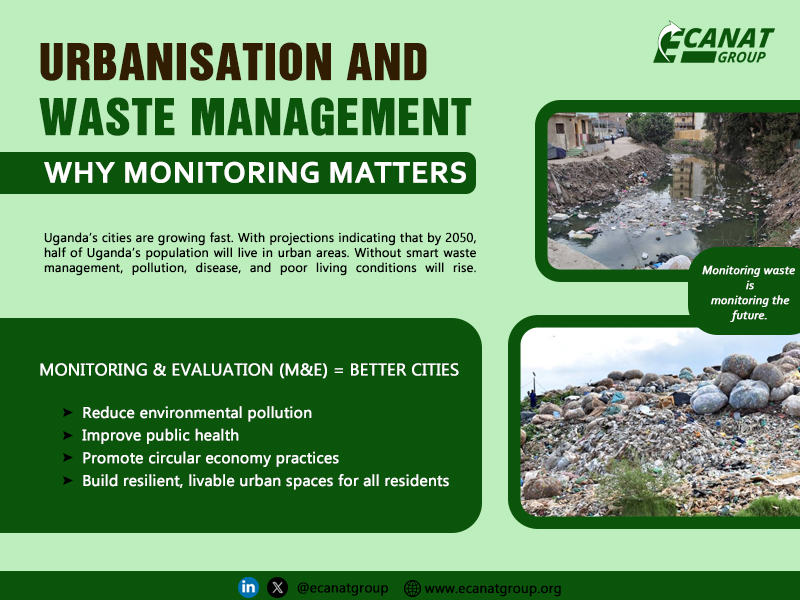
Uganda is urbanizing fast. Cities like Kampala, Jinja, and Mbarara are expanding at unprecedented rates, with projections indicating that by 2050, half of Uganda’s population will live in urban areas. While urban growth brings economic opportunity, it also puts enormous pressure on city systems—especially waste management.
The Waste Challenge
Rapid urbanization often outpaces the development of waste infrastructure. The result: overflowing dumpsites, clogged drainage channels, and polluted rivers. These challenges affect public health, degrade the environment, and reduce the quality of life for urban residents. Informal settlements are disproportionately affected, with poor access to safe sanitation and waste disposal services.
Smart Waste Management Solutions
Cities need innovative and inclusive approaches to manage urban waste:
- Segregation at source: Encouraging households and businesses to separate biodegradable and non-biodegradable waste.
- Recycling and composting: Turning organic waste into compost for urban agriculture, and plastics into usable products.
- Public-private partnerships: Mobilizing resources and expertise from private sector players.
- Community engagement: Educating citizens on waste reduction and responsible disposal practices.
How M&E Can Make a Difference
Monitoring & Evaluation (M&E) provides the data and insights needed to design, implement, and improve waste management systems. Key M&E applications include:
- Tracking service coverage: % of households with access to waste collection services.
- Measuring efficiency: Volume of waste collected vs. waste generated.
- Environmental impact: Reduction in illegal dumping, improvement in river/soil quality.
- Behavioral change: Citizen participation rates in recycling and composting initiatives.
By systematically collecting, analyzing, and acting on this data, cities can ensure that waste management systems are responsive, efficient, and sustainable.
The Way Forward
Urbanization is unstoppable—but its negative impacts on waste management don’t have to be. With evidence-based M&E, Ugandan cities can:
- Reduce environmental pollution
- Improve public health
- Promote circular economy practices
- Build resilient, livable urban spaces for all residents
Conclusion
Effective waste management is not just a service—it’s a measure of a city’s sustainability and governance. M&E ensures that policies and interventions work as intended, resources are optimally used, and no community is left behind. For Uganda’s rapidly growing cities, monitoring waste is monitoring the future.




